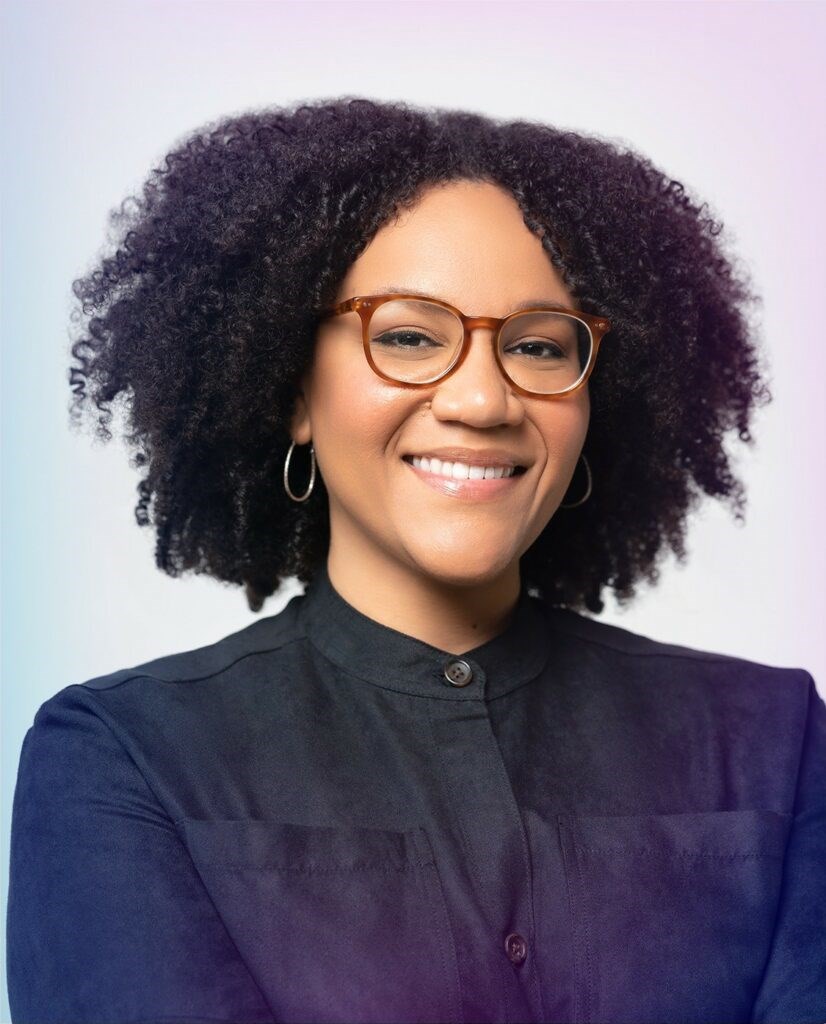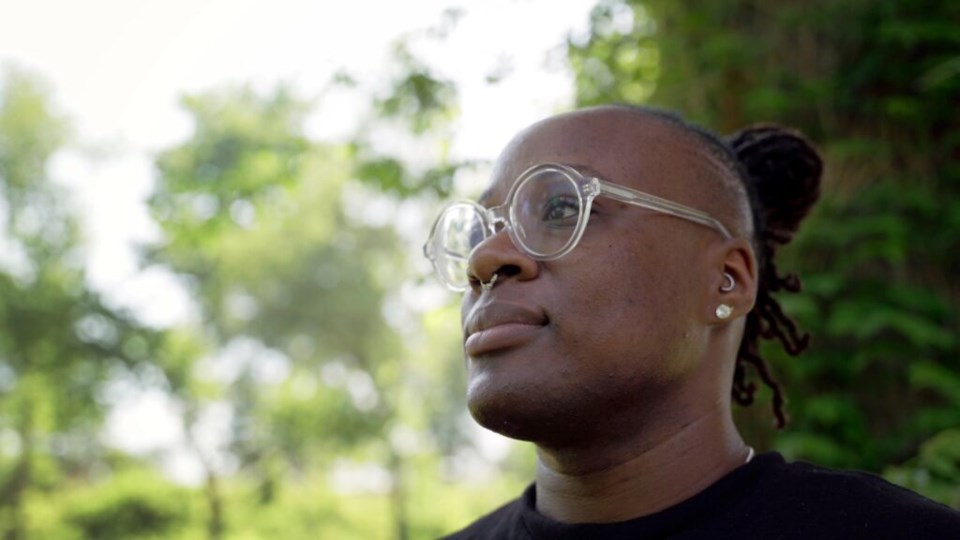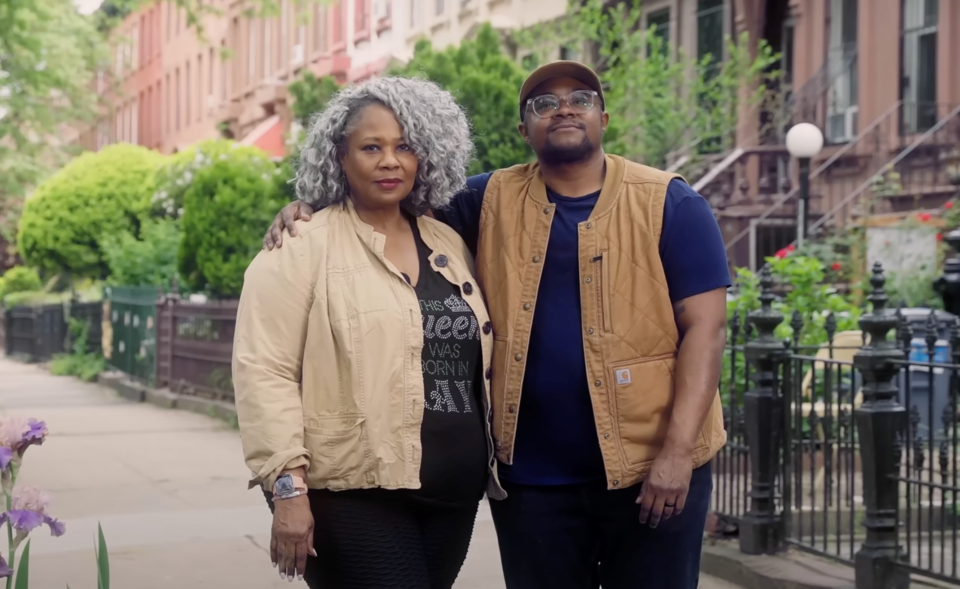The heartwarming story of a Bed-Stuy man's journey navigating his gender identity with the support of his mom is part of a new documentary series that centers on Black voices.
When Brit Fryer — who is trans — first started trying to work out the language around his gender identity, he called his mom, Sharon Kidd Fryer.
"I would just call my mom a lot. And, just through talking to her about the reasons why I was feeling low or sad I kind of found the thing that was bothering me, which was I wasn't addressing this thing with my gender that was kind of right there," he said.
Unlike many stories of trans people navigating family relationships portrayed in media, Brit's mom was not only accepting, but supportive.
So when Brit, 29, was asked to participate in "I Am Who I Say I Am," a new three-part series of micro-documentaries with feel-good stories of gender affirmation, directed by Sophia Clark and commissioned by Black Public Media, he accepted.
While Brit, a filmmaker, often makes work about the trans experience, this is the first time he is sharing his personal story which involves his mom, who also shares her own views on familial acceptance.

In the piece, viewers hear how Sharon took it upon herself to become an advocate for Brit in their own family.
"If you love your child, that's the best gift you can give them by supporting them and advocating for them. What are we hiding for? Be seen, is what I say," she said.
The "I Am Who I Say I Am" series aims to bring the Black community into focus around gender affirmation, as LGBTQ+ stories are often captured through a lens that does not spotlight Black stories and voices, BPM said.
This is also important to Brit, he told BK Reader. "For me, it was a good opportunity to put my story out there with the hopes it can resonate with people who might need it," he said.
"My mom shared it on Facebook and has since had so many beautiful conversations with old coworkers, distant family. We hope it will lead to more Black families being accepting and being understanding. We need to see more models for trans people to exist in, and thrive in, families."
The other films in the series include "How to Learn Someone’s Pronouns," which introduces Janelle “Jei” Lawrence, a multidisciplinary artist and educator who discusses the use of gender-affirming pronouns in a work setting; and "Why Your Patient’s Pronouns are Important," which brings viewers into the world of Dr. Maya Thompson, a pediatric dentist discussing gender as a part of holistic care.

The films were released by BPM — a Harlem-based national media arts nonprofit dedicated to producing media content about the Black experience — in the lead-up to Transgender Awareness Week, Nov. 13 - 19.
BPM Executive Director Leslie Fields Cruz, who is also the parent of a nonbinary child, said it was crucial to view gender affirmation issues through a Black lens at a time when Black transgender and nonbinary people were facing marginalization at alarming rates.
“With 'I Am Who I Say I Am,' we aim to help kickstart conversations that can lead to all members of our community being afforded their full humanity, beginning with gender affirmation," she said.
The series aimed to begin the process of changing hearts by first changing habits,
based on the fundamental belief that most people want to embrace and understand others for the greater good, Clark added.
“By showing the nuance in everyday experiences, these films are for anyone striving to open their mind beyond the binary."
Meanwhile, Brit's advice for families navigating a change in gender identity is to accept that it will be a process. Everyone might not have all the answers all the time, and family members should be prepared for gender identities to change and possibly keep changing.
"What is really special about my mom is there is a lot of space to talk about anything. It's not one-and-done conversations, we have built relationships and we are real and robust 360-degree people to each other," he said.
"Be open that things will continuously change. That's a part of acceptance."




